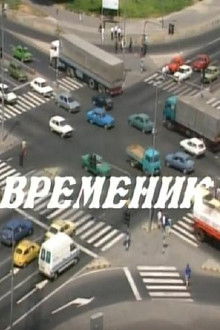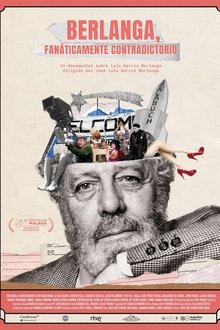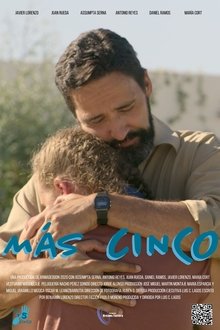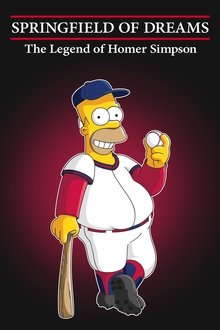Tucumán, Argentina, 1965. Three years before George A. Romero's Night of the Living Dead was released, director Ofelio Linares Montt shot Zombies in the Sugar Cane Field, which turned out to be both a horror film and a political statement. It was a success in the US, but could not be shown in Argentina due to Juan Carlos Onganía's dictatorship, and was eventually lost. Writer and researcher Luciano Saracino embarks on the search for the origins of this cursed work.
Related Movies
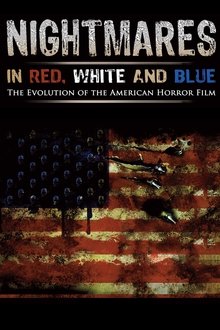
Nightmares in Red, White and Blue (2009)
An exploration of the appeal of horror films, with interviews of many legendary directors in the genre.
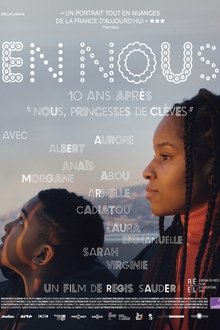
En nous (2022)
Ten years ago, the paths of Abou, Laura, Cadiatou and Jacques have crossed Emmanuelle’s. She was their French teacher at a high school in Marseille. Together they took part in a film, Children of the Princess of Cleves, in which, while analyzing the classic text, they expressed their hopes, dreams, and fears. In En Nous, the director re-connects with the protagonists : memories blend with stories of their lives and the daily obstacles they must overcome whilst trying not to lose hope. Now, the sentence of the Princess of Cleves rings poignantly true: “I know nothing can be more difficult than what I undertake”.

Cosmetic Criminals (2024)
A short mockumentary detailing the rise of intergenerational cosmetic theft through the eyes of an affected family.
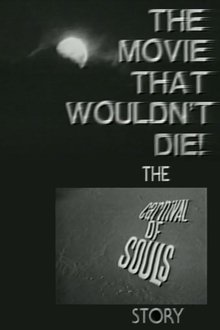
The Movie That Wouldn't Die! – The 'Carnival of Souls' Story (1998)
Documentary about the making of the 1962 cult film "Carnival of Souls".
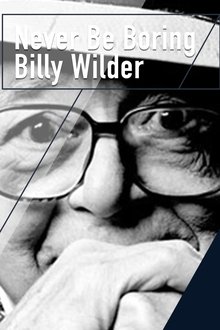
Never Be Boring: Billy Wilder (2017)
A funny walk through the life story of Billy Wilder (1906-2002), a cinematic genius; a portrait of a filmmaker who never was a boring man, a superb mind who had ten commandments, of which the first nine were: “Thou shalt not bore.”
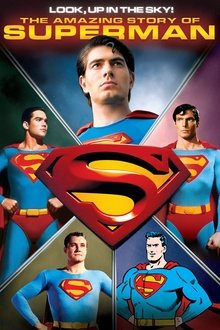
Look, Up in the Sky! The Amazing Story of Superman (2006)
The history of the comic book superhero, Superman, in his various media incarnations.
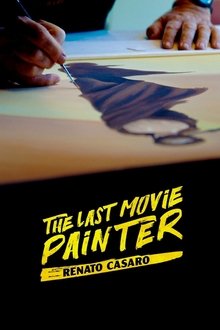
The Last Movie Painter (2020)
A fantastic journey through the world of Renato Casaro, one of the most important illustrators that the world’s film poster industry has ever known.
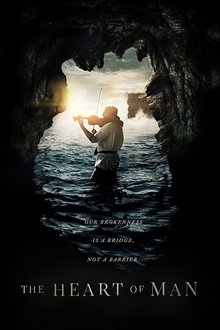
The Heart of Man (2017)
The Heart of Man is a timeless tale of a father's relentless pursuit of his son -- interwoven with interviews of top thought-leaders on brokenness, identity, and shame.
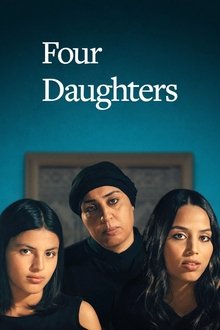
Four Daughters (2023)
Between light and darkness stands Olfa, a Tunisian woman and the mother of four daughters. One day, her two older daughters disappear. To fill in their absence, the filmmaker Kaouther Ben Hania invites professional actresses and invents a unique cinema experience that will lift the veil on Olfa and her daughters' life stories. An intimate journey of hope, rebellion, violence, transmission and sisterhood that will question the very foundations of our societies.
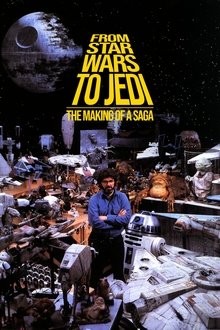
From Star Wars to Jedi: The Making of a Saga (1983)
From Star Wars to Jedi: The Making of a Saga is a 1983 television documentary special that originally aired on PBS. It is a behind-the-scenes look at the making of the original Star Wars trilogy, with particular emphasis on the final film, Return of the Jedi. Narrated by actor Mark Hamill, the documentary was written by Richard Schickel who had written the previous television documentaries The Making of Star Wars (1977) and SP FX: The Empire Strikes Back (1980).
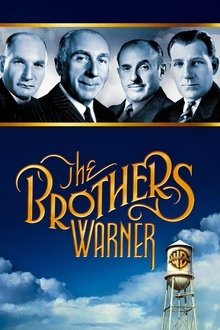
The Brothers Warner (2008)
An intimate portrait and saga of four film pioneers--Harry, Albert, Sam and Jack who rose from immigrant poverty through personal tragedies persevering to create a major studio with a social conscience.
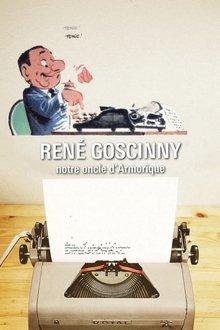
René Goscinny, Our Uncle From Armorica (2017)
The career of French comic author René Goscinny was a living blend of cultures and an expression of the great importance this artist attached to the production and dissemination of sophisticated popular culture. Goscinny left behind an extremely extensive body of work: "Asterix", "Lucky Luke", "Isnogud", "Little Nick" and many more.
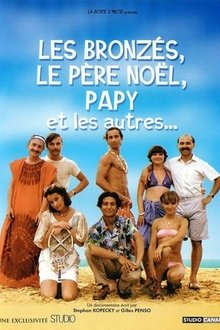
Les Bronzés, le père Noël, papy et les autres (2003)
Les Bronzés, le Père Noël, Papy et les autres....Discover or rediscover the emblematic scenes of these cult films that have crossed generations without getting old. Go behind the scenes of these unusual films through completely unpublished anecdotes and funny stories told by the authors themselves.
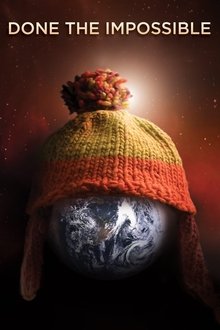
Done the Impossible (2006)
A documentary covering Firefly's birth, death and rebirth from the perspective of both the fans and the cast and crew of both productions.
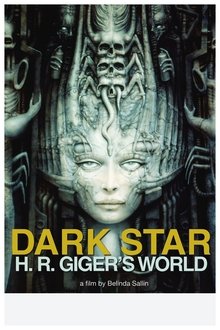
Dark Star: H. R. Giger's World (2014)
An account of the life and work of Swiss painter, sculptor, architect and designer H. R. Giger (1940-2014), tormented father of creatures as fearsome as they are fascinating, inhabitants of nightmarish biomechanical worlds.
